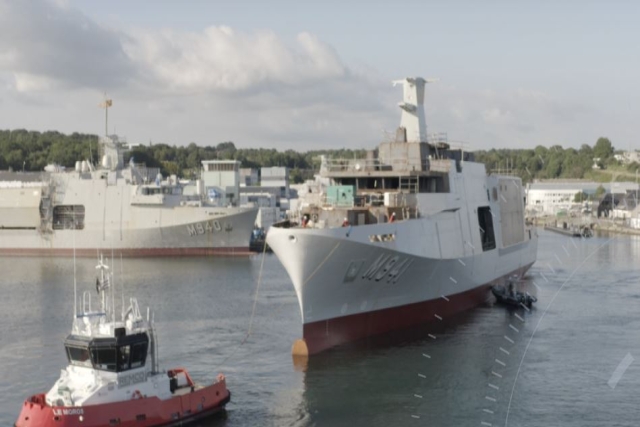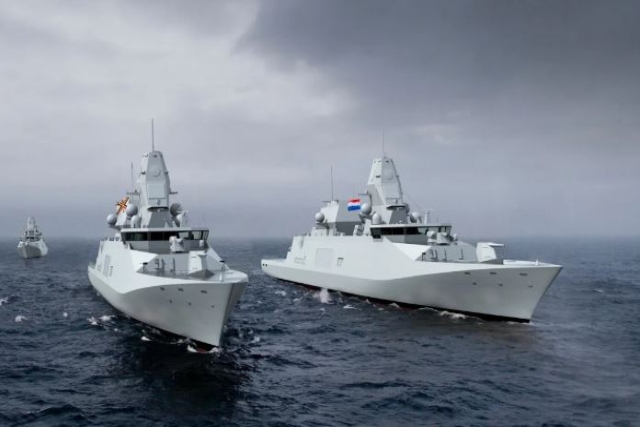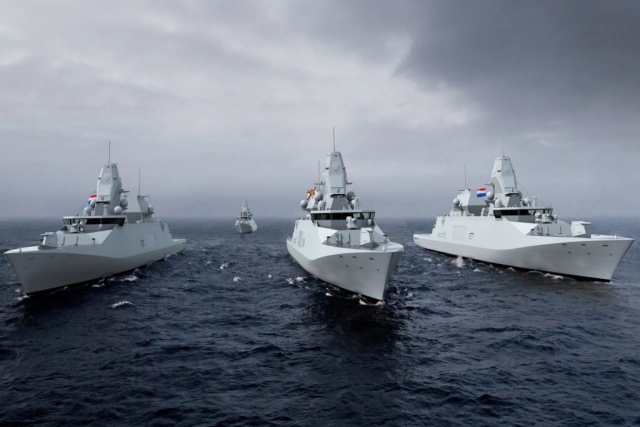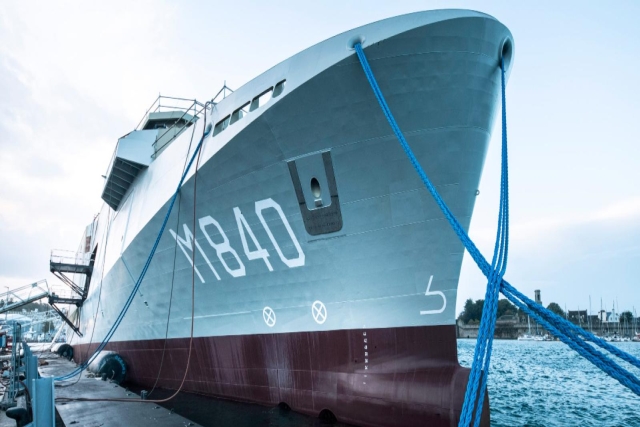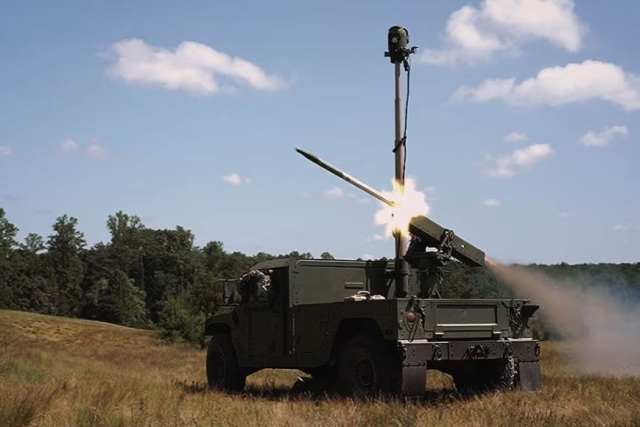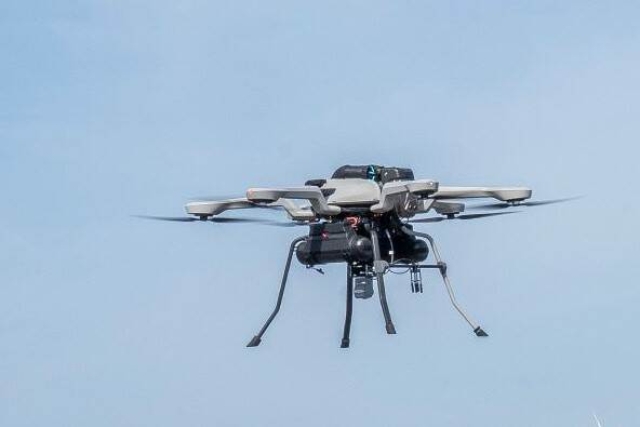Sea Trials Begin for the Belgian-Dutch First Mine Countermeasures Vessel
The trials aim to assess the vessel's performance ahead of its expected delivery in summer 2025.

The Oostende, the first mine countermeasures vessel in the Belgian-Dutch rMCM program, commenced its sea trials from Concarneau on July 17.
The trials aim to assess the vessel's performance ahead of its expected delivery in summer 2025. This program is managed by Belgium Naval & Robotics, a consortium of Naval Group and Exail, with Kership as the industrial prime contractor.
During these initial trials, the Oostende's propulsion and navigation systems will undergo testing. This marks the beginning of a series of test campaigns to evaluate all onboard systems.
Launched in 2021 and formally launched on March 29, 2023, the Oostende is part of a series of vessels including the Vlissingen for the Royal Netherlands Navy, launched on October 19, 2023, and the Tournai on June 24, 2024. The Scheveningen is slated for launch in December 2024. Currently, seven out of the twelve planned ships are under construction, with deliveries staggered until mid-2030.
The rMCM program, awarded in 2019, is a key element of European defense cooperation. Naval Group handles ship design and mission system integration, while Piriou manages construction under Kership's oversight. Exail is responsible for the drones mission system, primarily produced in Belgium.
These vessels introduce a new approach to mine warfare, enabling operations from a safe distance and increasing efficiency tenfold compared to traditional methods. They feature drone capabilities for mine detection and neutralization, design against underwater explosions, and low acoustic, electrical, and magnetic signatures.
The Oostende features a length of 82.6 meters and a width of 17 meters, with a displacement of 2800 tons. It can reach a maximum speed of 15.3 knots and has a range of over 3500 nautical miles. The vessel accommodates a crew of 63 personnel and is equipped with comprehensive drone and sonar systems, enhancing its mine countermeasures capabilities.
